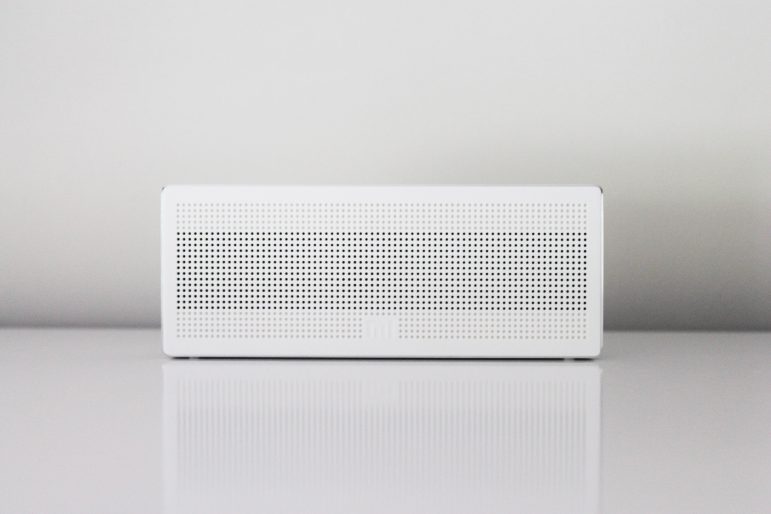A greater awareness of how HVAC can affect air quality and the spread of infection has been one of the positives to emerge from the last two years of the pandemic in the facility management industry. It is unsurprising, then, that the global market for HVAC filters is predicted to keep growing over the next few years.
A recent report from ResearchAndMarkets.com found that the HVAC filters market, which was estimated to be worth around US$3.5 billion in 2021, is projected to reach %4.5 billion by 2026, at a compound annual growth rate (CAGR) of 5.0 per cent.
The driving factor for the HVAC filters market is increasing demand for HVAC systems, growing awareness about indoor air quality (IAQ), and government regulations and policies for efficient filtration. Increasing investments in the construction sector and technological advancements in HVAC filters are also expected to play their part and to offer significant growth opportunities to manufacturers.
Synthetic polymer is expected to be the fastest-growing material segment in the HVAC filters market during the forecast period. Synthetic polymers are used for efficient filtration in residential and industrial HVAC systems.
Polytetrafluoroethylene (PTFE), polyester, poly-vinylidene fluoride (PVDF), polyethylene, and polypropylene are used for the manufacturing of filter materials. The filtration of air in a synthetic polymer material occurs on its surface, whereas in fibreglass, the filtration happens within the filters. This property makes synthetic polymers suitable for application in industries such as pharmaceutical, food and beverage, automotive, and electronics and semiconductors.
The advantages of synthetic polymer filters
Synthetic polymer filter materials are available in the form of pleats or stretched films, which are either made from spun-bond or melt-blown manufacturing processes. The pleats increase the surface area, make the filters more efficient at capturing airborne particles in the HVAC systems, and can provide more efficiency than high-efficiency particulate air (HEPA) filters but at a lower cost. Due to their durability, these filters can be washed and reused. Pleated synthetic polymer air filters are abundantly available, have lesser airflow resistance compared to HEPA filters, and support the silent operation of the blower fan of the HVAC system.
HEPA segment expected to lead the way
The HEPA segment is expected to be the largest technology in the HVAC filters market during the forecast period. HEPA technology consists of a filter that forces air through a thin mesh, which traps harmful particles such as pollens, moulds, bacteria, and dust mite debris to prevent them from entering the ambient environment. According to the US Department of Energy (DOE) and the US National Institute for Occupational Safety and Health (NIOSH), to meet the HEPA standard, a filter must trap 99.97 per cent of dust particles that are 0.3 microns or larger in size.
HEPA filters have diverse application areas, including residential buildings, pharmaceutical production, food and beverage facilities, and clean rooms in the electronics and semiconductor industry, among others. These filters protect patients from infection and employees and visitors from airborne organisms. The only disadvantage of the HEPA filter technology is that it generates a barrier for smooth airflow, which may result in the failure or low performance of HVAC systems.
APAC is the largest market for HVAC filters
The Asia-Pacific market accounted for the largest share of the HVAC filters market in 2020. Improved economic conditions of developing countries and rising global warming have contributed to the growth of the HVAC filters market in the region.
In APAC, several associations, including the Indian Society of Heating, Refrigerating and Air Conditioning Engineers (ISHRAE), Australian Institute of Refrigeration Air-conditioning and Heating (AIRAH), Air Conditioning and Mechanical Contractors Association of Australia (AMCA), Japan Refrigeration and Air Conditioning Industry Association (JRAIA), and Air Conditioning Engineering Association of Thailand (ACAT), support the adoption of efficient HVAC systems. This support drives the market for HVAC filters in the region.









